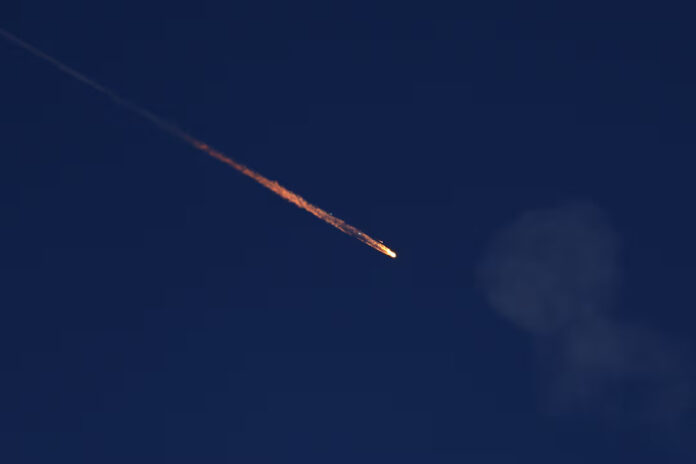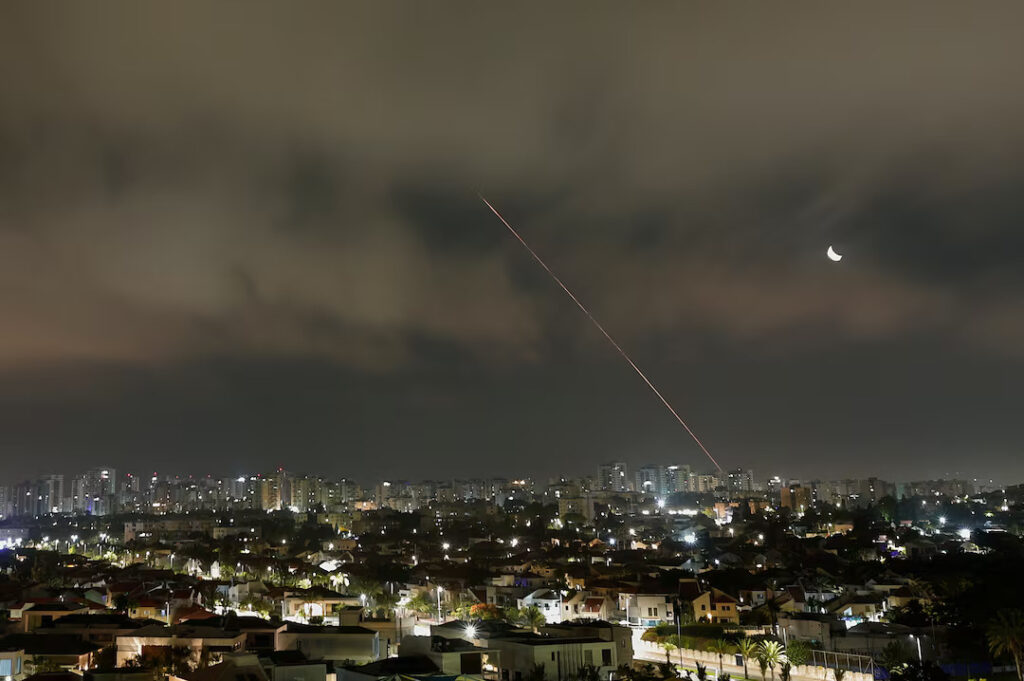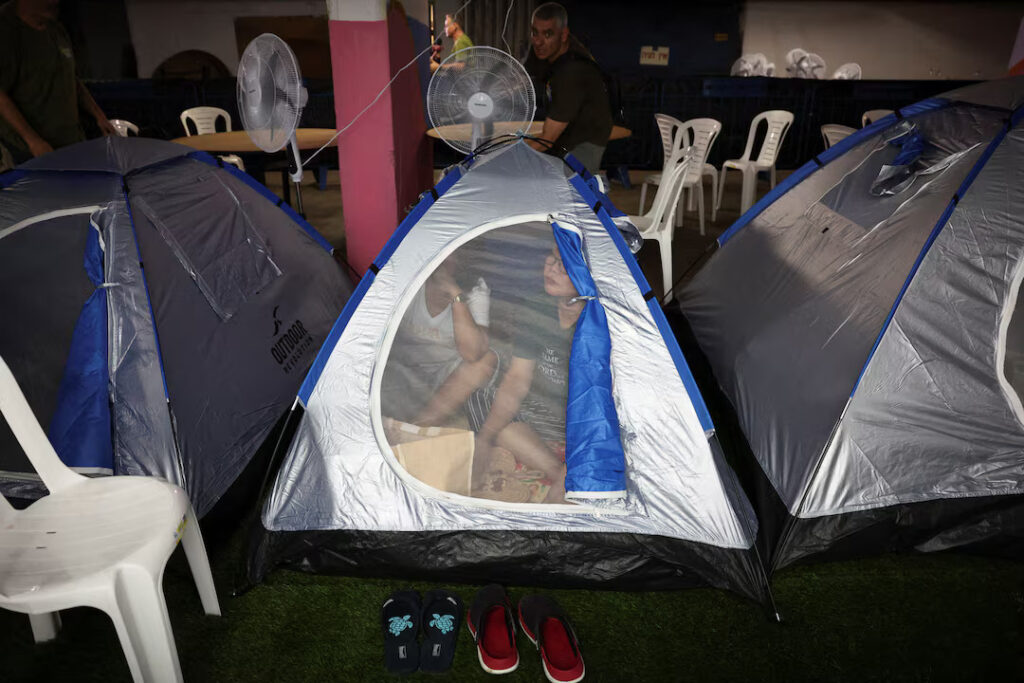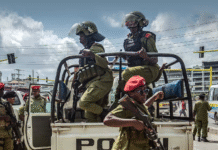
Israel announced on Saturday that it had killed a senior Iranian military commander amid intensifying cross-border attacks and stalled diplomatic efforts aimed at defusing a widening regional conflict.
Israeli Defense Minister Israel Katz confirmed that Saeed Izadi, head of the Palestine Corps within Iran’s elite Quds Force, was killed in an Israeli airstrike on an apartment in the city of Qom. Katz hailed the strike as a “major achievement” for Israeli intelligence and the Air Force, accusing Izadi of financing and arming Hamas ahead of its October 7, 2023, assault on Israel that triggered the war in Gaza.
While Iran’s Islamic Revolutionary Guard Corps (IRGC) confirmed five of its members were killed in separate strikes on Khorramabad, state media did not name Izadi among them. Izadi had been on U.S. and British sanctions lists for his involvement in regional militant operations.
The targeted strike in Qom also reportedly killed a 16-year-old and injured two others. Separately, Iranian media reported Israeli strikes near the Isfahan nuclear facility, one of the country’s largest, but officials said there were no hazardous leaks.

A missile launched from Iran is intercepted as seen from Ashkelon, Israel, June 21, 2025. REUTERS/Amir Cohen.
Israel said its latest attacks targeted Iranian missile storage and launch infrastructure. Iran’s former top security official Ali Shamkhani, a close ally of Supreme Leader Ayatollah Khamenei, revealed he survived an Israeli airstrike, saying he would “remain a reason for the enemy’s hostility.”
Missile sirens sounded across central Israel, including Tel Aviv and parts of the Israeli-occupied West Bank, early Saturday amid fears of a retaliatory barrage from Iran. Israel’s air defense systems lit up the night sky with interceptors, but no casualties were reported.
Iran Rules Out U.S. Talks Under Fire
The military escalation comes as diplomatic efforts continue to falter. Iranian Foreign Minister Abbas Araghchi, attending talks with European leaders in Geneva, ruled out negotiations with the U.S. while “Israeli aggression” continued.
U.S. President Donald Trump said on Friday that Iran could be “weeks, or certainly months” away from developing a nuclear weapon. He dismissed the assessment of his Director of National Intelligence, Tulsi Gabbard, who had previously testified that there was no conclusive evidence Iran is building a bomb. “We can’t let that happen,” Trump said from Morristown, New Jersey.
Trump also suggested he would give negotiations two more weeks before deciding whether to join the conflict militarily on Israel’s side. “It’s hard to make that request [to Israel to scale back] if somebody is winning,” he said. He cast doubt on Europe’s role in resolving the crisis, saying, “Iran doesn’t want to speak to Europe. They want to speak to us.”
Mounting Casualties on Both Sides
The U.S.-based Human Rights Activists News Agency reported that Israeli airstrikes in Iran have killed at least 639 people, including senior military figures and nuclear scientists, since Israel began its attacks on June 13. Iranian Health Minister Mohammadreza Zafarqandi said Israeli strikes have also hit three hospitals, killing two healthcare workers and a child, and targeted six ambulances.
Iran, for its part, has launched drone and missile attacks on Israeli territory. According to Israeli officials, 24 civilians have been killed so far. An Iranian missile reportedly struck a hospital in Beersheba on Thursday.
Iran’s NOURNEWS also reported the deaths of 15 Iranian air defense personnel since the conflict began.
Global Fallout and Security Council Clash
The crisis has drawn international concern, with Russia and China calling for immediate de-escalation. Iran’s ambassador to the UN, Amir Saeid Iravani, urged the Security Council to act, warning of dangerous consequences if the U.S. joins the conflict. In contrast, Israel’s UN envoy Danny Danon told the council his country would not halt its strikes until “Iran’s nuclear threat is dismantled.”
Meanwhile, hundreds of American citizens have fled Iran, according to a U.S. State Department cable obtained by Reuters.

A migrant family from the Philippines prepares to spend the night in an old nuclear shelter under Tel Aviv’s central bus station in the southern area of the city, recommissioned by Israeli volunteers Brothers and Sisters in Arms, amid the Iran-Israel conflict, in Tel Aviv, Israel, June 20, 2025. REUTERS/Violeta Santos Moura.
Despite ongoing hostilities, a senior Iranian official told Reuters that Iran remains open to discussing limits on uranium enrichment but would not agree to completely halt its nuclear activities, “especially now under Israel’s strikes.”
As diplomatic options narrow and military action intensifies, the prospects for a ceasefire remain uncertain, raising fears of broader regional destabilization.
Written By Rodney Mbua


















